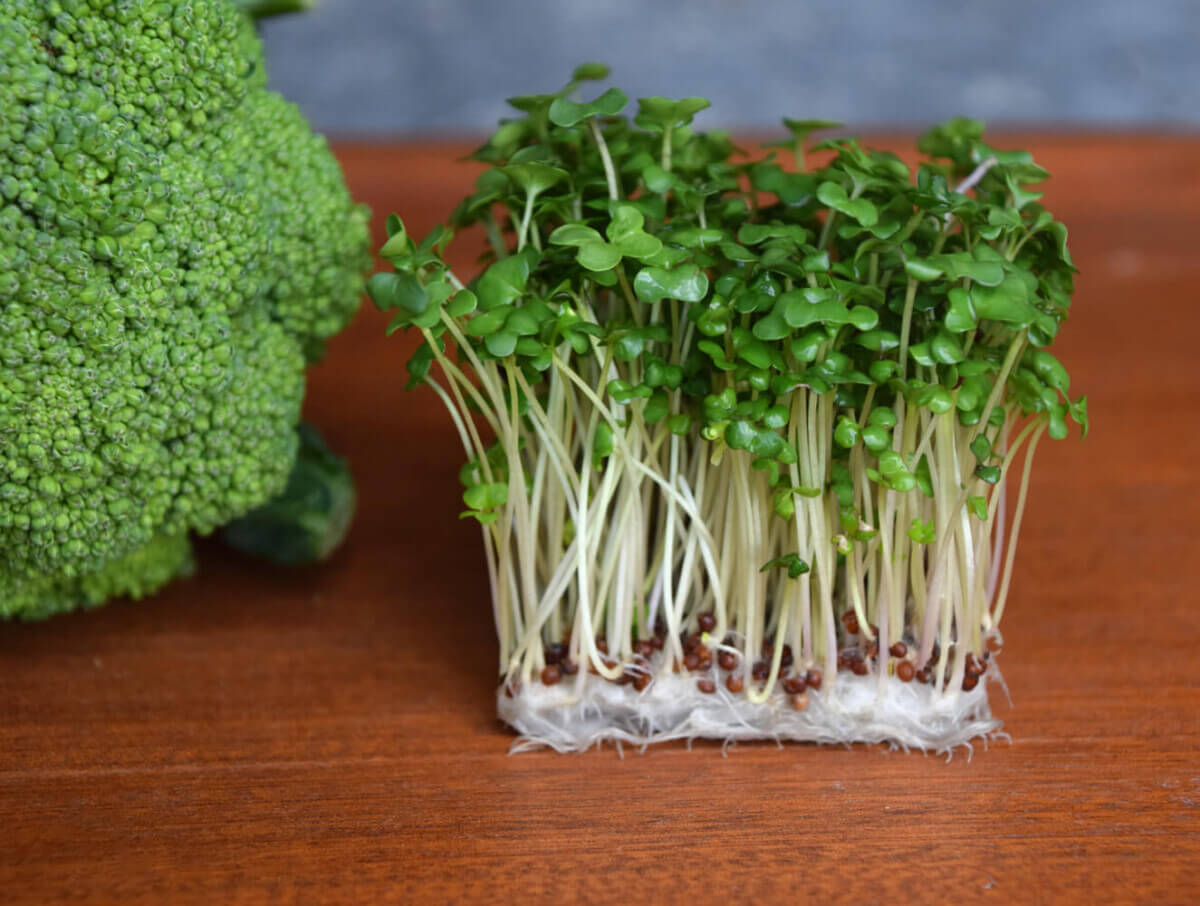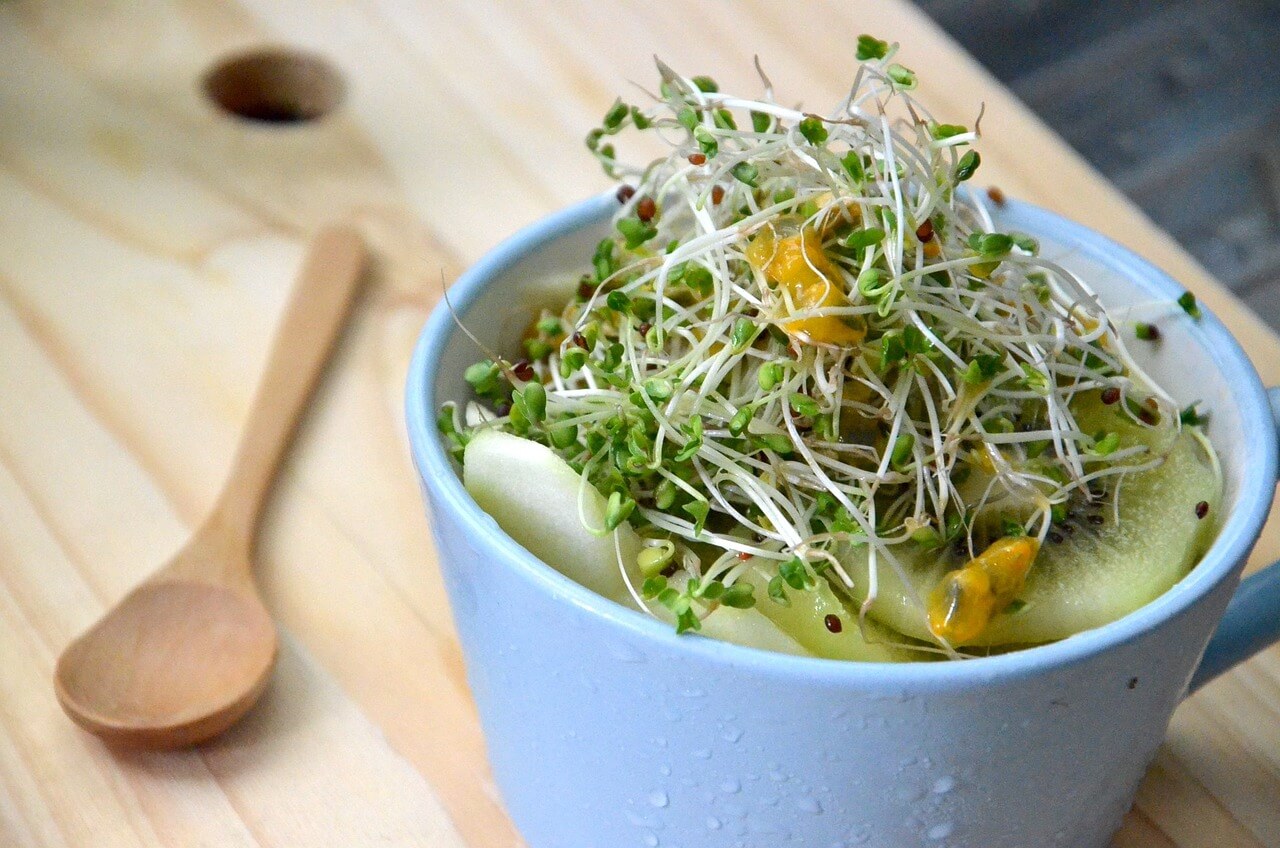
The study revealed that the total polysulfide content of broccoli sprouts was significantly higher than that of mature broccoli. (Credit: Osaka Metropolitan University)
OSAKA, Japan — The age-old adage “eat your broccoli” might need to be updated to “eat your broccoli sprouts.” Researchers from Osaka Metropolitan University in Japan have discovered that eating broccoli sprouts is healthier than consuming mature broccoli as it contains seven times more polysulfides. They also found that previously unknown polysulfides in broccoli sprouts could lead to treatments for cancer and neurodegenerative diseases.
Numerous studies have revealed that consuming cruciferous vegetables like broccoli, one of America's most popular veggies, can reduce the risk of diseases such as diabetes and cancer. This benefit is attributed to certain natural compounds found in these vegetables, particularly organosulfur compounds like glucosinolates and isothiocyanates, which exhibit various health-promoting properties, including antioxidant effects. However, what's been less explored is the presence of polysulfides in broccoli sprouts.
Polysulfides are molecules that consist of chains of sulfur atoms attached to other elements or compounds. They're often found in some vegetables like garlic and onions. These compounds are believed to be healthy because they help protect your heart and blood vessels. They do this by boosting your body's defenses against damage and helping maintain the proper balance of pressure and health within your blood vessels.
Researchers decided to investigate the levels of polysulfides in broccoli sprouts as they undergo the germination and growth process. Their investigation was built upon earlier work where they had already established the rich abundance of polysulfide molecules in cruciferous vegetables.

Researchers found that the total content of polysulfides in broccoli sprouts significantly increased during the germination and growth phases. In fact, there was an astounding approximately 20-fold surge in polysulfides on the fifth day of germination.
They also stumbled upon several previously unknown polysulfides with uncertain molecular structures. These intriguing findings suggest that the copious presence of polysulfides in broccoli sprouts might be linked to their well-known health-enhancing properties.
“The discovery of the significant increase in polysulfide content during the sprouting process from broccoli seeds was completely by chance and very surprising,” says Dr. Shingo Kasamatsu, assistant professor of the Graduate School of Science at Osaka Metropolitan University, in a university release.
“This finding suggests that polysulfides may play an important role in the process of plant germination and growth. Further investigation of the pharmacological function of these unknown polysulfides could lead to the development of new preventive and therapeutic approaches and medicines for neurodegenerative diseases, stroke, cancer, inflammation, and other oxidative stress-related diseases.”
This research was able to uncover another layer of the health benefits associated with consuming broccoli and its sprouts. While many people have known about the positive effects of cruciferous vegetables, the discovery of polysulfides in broccoli sprouts and their potential health-boosting properties adds a new dimension to our understanding of the nutritional value of these greens.
The study is published in the journal Redox Biology.










